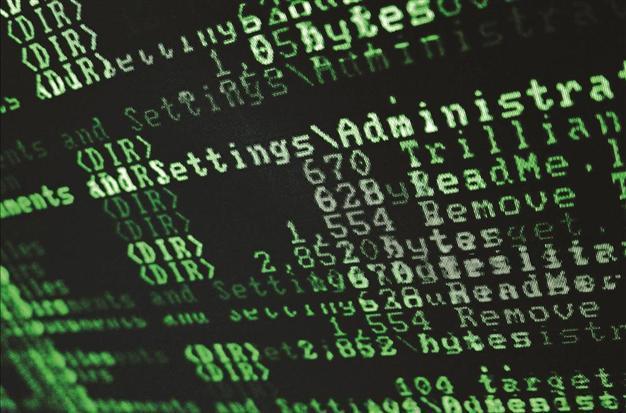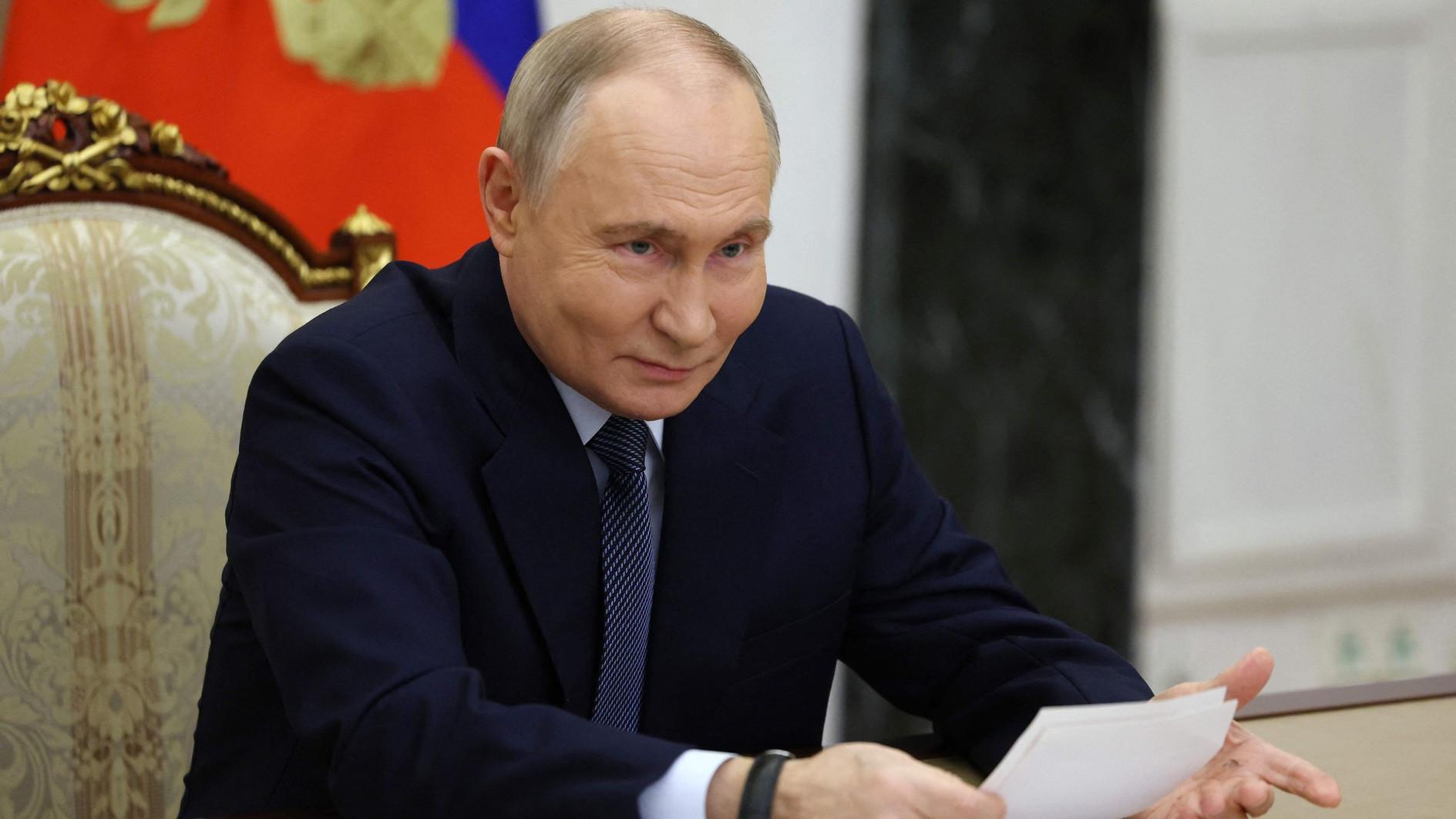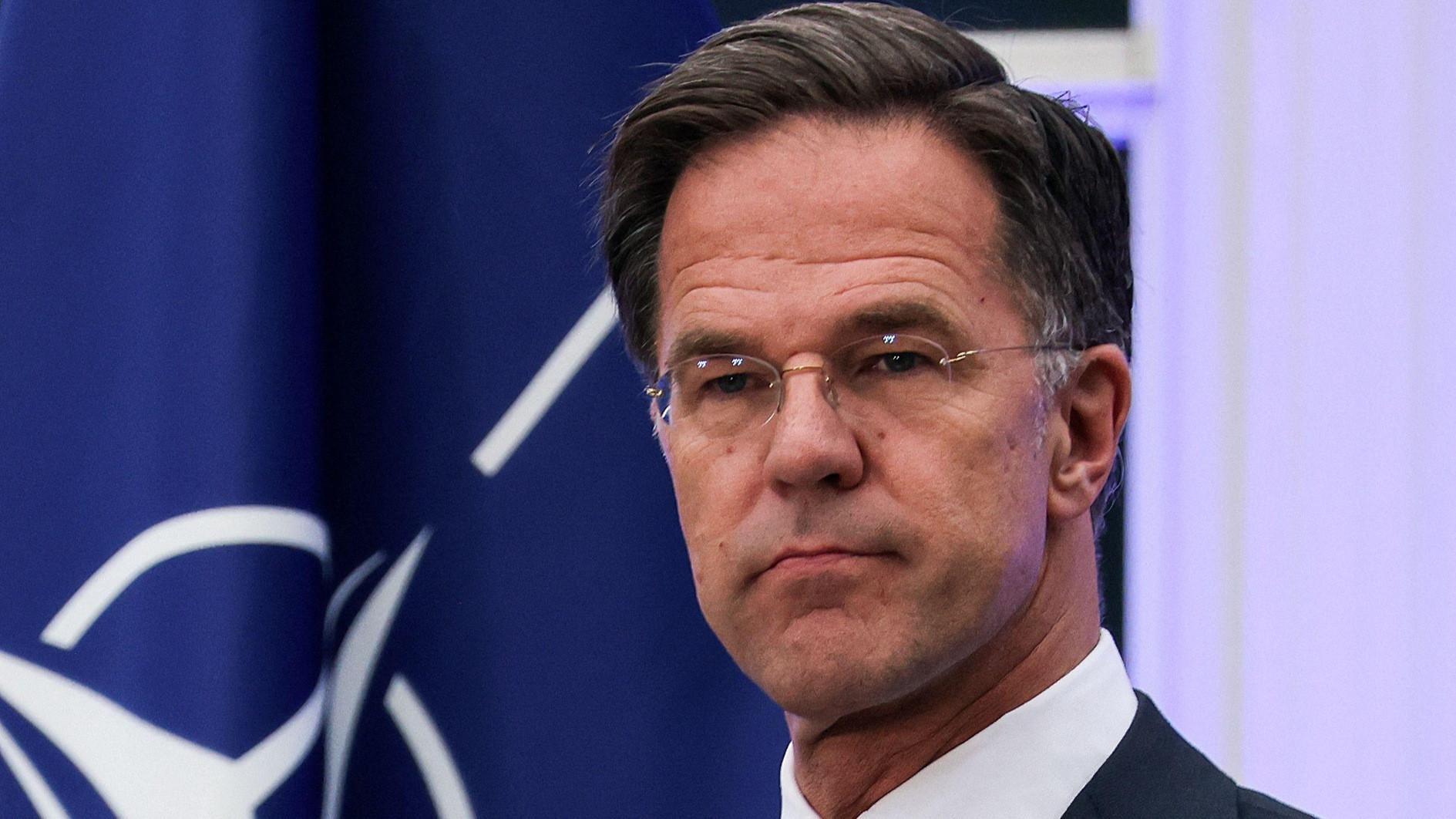Cyber attacks most urgent threat to US: National Intelligence head
WASHINGTON
 Cyber attacks and cyber espionage have now supplanted terrorism as the top security threat facing the United States, U.S. intelligence leaders said March 12.
Cyber attacks and cyber espionage have now supplanted terrorism as the top security threat facing the United States, U.S. intelligence leaders said March 12.This stark assessment, part of an annual “worldwide threat” briefing that covered concerns ranging from North Korea’s belligerence to Syria’s civil war, was reinforced in remarks by the spy chiefs before the Senate Intelligence Committee. They expressed concerns that computer technology is evolving so quickly that it has become difficult for security experts to keep up.
“It’s hard to overemphasize” the significance of threats in cyberspace, James Clapper, the Director of National Intelligence, told the Senate Intelligence Committee.
“In some cases, the world is applying digital technologies faster than our ability to understand the security implications and mitigate potential risks,” Clapper said.
In a written testimony, Clapper softened his analysis somewhat, playing down the likelihood of catastrophic attacks on the U.S. in the short term, either through digital technologies, or from foreign or domestic militants employing traditional violence.
But this year’s annual threat briefing underscored how, a decade after the Iraq war began and nearly two years after the killing of al-Qaeda leader Osama bin Laden, digital assaults on government and computer networks have overtaken earlier security fears. The listing of cyber-related attacks as the top item in the annual threat assessment is a departure from assessments offered in the previous two years. In 2011 and 2012, the first threat listed in the agencies’ annual assessment to Congress was terrorism.
White House national security adviser Tom Donilon, citing complaints from U.S. businesses about alleged Chinese cyber espionage, said March 11 that the issue was a growing challenge to economic relations between the United States and China.
China said it was willing to meet Donilon’s request for dialogue between Beijing and the U.S. about cyber security.
Last month a private U.S. computer security company issued a study accusing a secretive Chinese military unit of being behind hacking attacks on a wide range of American industries. President Barack Obama was also scheduled to meet with corporate leaders March.13 to discuss efforts to improve cyber security in private industries amid rising concerns about hacking attacks emanating from China.
Pentagon forms cyber teams
In response to growing concern in Washington about security risks posed by online fraud and invasions, the Defense Department announced March 12 that it would establish a series of cyber teams charged with carrying out offensive operations to combat the threat of an electronic assault on the U.S. that could cause major damage and disruption to the country’s vital infrastructure.
Gen. Keith Alexander, the top officer at U.S. Cyber Command, warned during his testimony that the potential for an attack against the nation’s electric grid and other essential systems was real and argued that more aggressive steps needed to be taken by the federal government and the private sector in order to improve digital defenses.
Alexander said 13 cyber teams were being assembled for the mission of guarding the nation in cyberspace. He described them as “defend-the-nation” teams but stressed that their role would be offensive. In comments to reporters after the hearing, Alexander likened the teams’ duties to knocking an incoming missile out of the sky before it hits a target. He also said the teams would work outside the U.S. but did not specify where.
He also said another 27 cyber teams were being established to support the military’s war fighting commands while others will protect the Defense Department’s computer systems and data. The Obama administration last month announced new efforts, including a new diplomatic push to discourage intellectual property theft abroad, to fight the growing theft of American trade secrets following the release of a report that linked China’s military to the electronic theft of corporate trade secrets and U.S. government data.
















